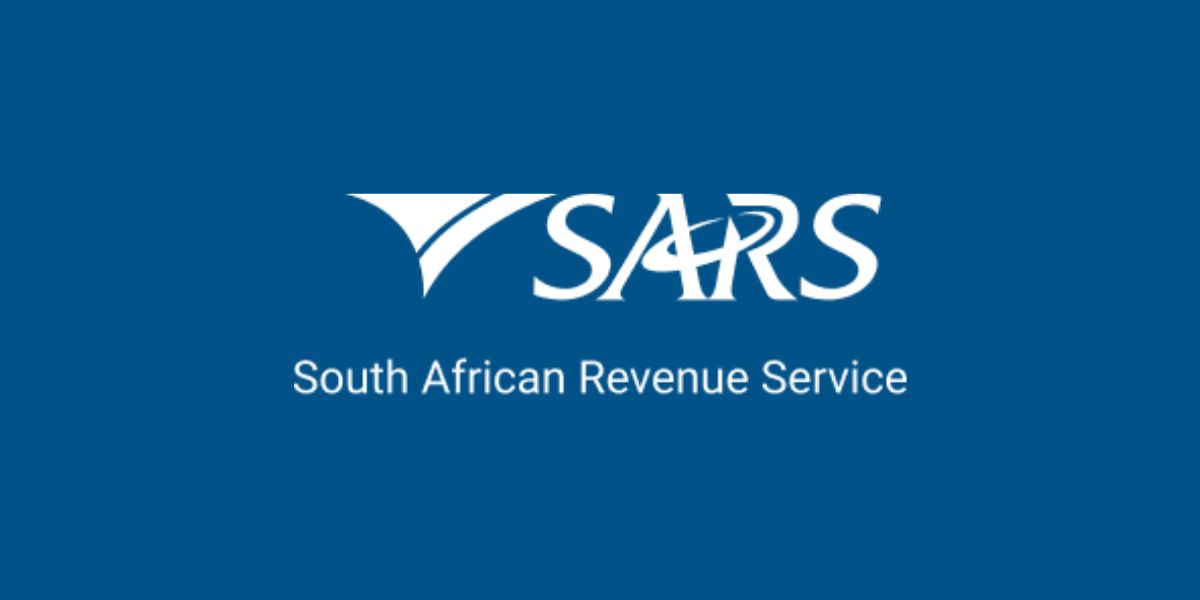On 22 February 2023, the South African Finance Minister presented the Budget 2023 in the parliament providing following tax proposals related to corporate taxation:
- Expansion of the renewable energy tax incentive: Under the expanded incentive, businesses will be able to claim a 125 per cent deduction in the first year for all renewable energy projects with no thresholds on generation capacity. The current incentive allows businesses to deduct 50 per cent of the costs in the first year;
- Extension of diesel fuel levy refund: Government implemented the diesel refund system in 2000 to provide full or partial relief for the general fuel levy and the RAF levy to primary sectors. The refund system is in place for the farming, forestry, fishing and mining sectors. The refund system has been extended for two years until 31 March 2025 effective from 1 April 2023;
- Rooftop solar tax incentive: To increase electricity generation, government is also proposing a rooftop solar incentive for individuals to invest in solar PV. Individuals will be able to receive a tax rebate to the value of 25 per cent of the cost of any new and unused solar PV panels. To qualify, the solar panels must be purchased and installed at a private residence, and a certificate of compliance for the installation must be issued from 1 March 2023 to 29 February 2024;
- Base erosion and profit shifting (The two-pillar solution): The 2022 Budget Review announced that legislative amendments would be proposed to implement tax rules related to digitalization and base erosion, flowing from South Africa’s role in the Steering Group of the OECD/G20 Inclusive Framework. The framework has two pillars.
Pillar, one focuses on the digital economy and is expected to establish a coherent and integrated approach to the tax treatment of multinationals, with the allocation of taxing rights among jurisdictions based on their market share. Pillar Two focuses on the remaining base erosion and profit shifting matters. It proposes an approach to ensure that all internationally operating businesses with global annual revenue of more than €750 million pay an effective tax rate of at least 15 per cent, regardless of where they are headquartered or which jurisdictions, they operate in.














